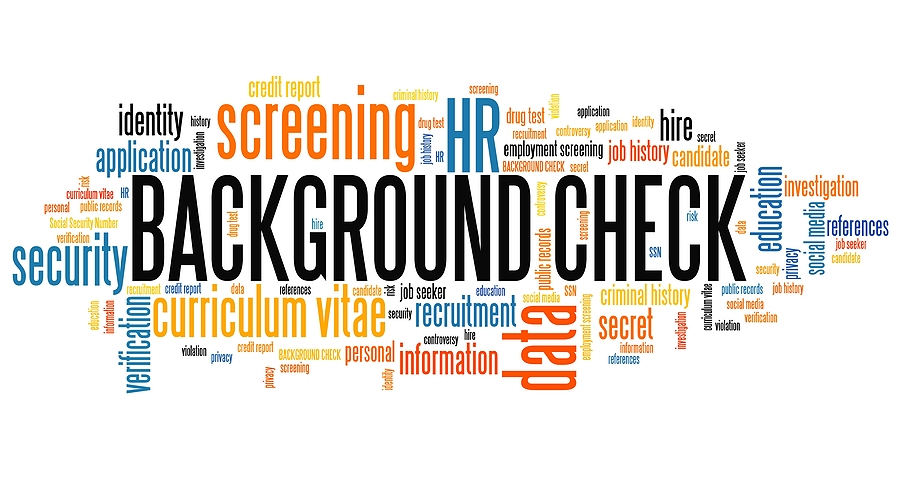In today’s job market, the significance of background checks in the hiring process cannot be overstated. For employers, they are a critical tool in ensuring workplace safety and integrity. For job seekers, they represent a potential hurdle to overcome, especially for those with a criminal record.
Yet, the legal landscape surrounding employee background checks is complex, governed by a myriad of federal and state laws designed to balance the needs of employers with the rights of job applicants. This post aims to demystify the process, highlighting the legal framework, employer obligations, job seeker rights, and guidance for navigating a criminal record.

The Legal Framework of Employee Background Checks
The foundation of employee background checks in the United States is underpinned by several federal and state laws. Key among these is the Fair Credit Reporting Act (FCRA), which sets the guidelines for employment screening. The FCRA requires employers to obtain written consent from job applicants before conducting a background check and mandates that they follow certain procedures if they decide not to hire based on the findings.
Equally significant are the “Ban the Box” laws implemented in various states and cities. These laws prohibit employers from asking about criminal history on initial job applications, delaying such inquiries until later in the hiring process. This movement aims to level the playing field for individuals with past convictions. Fifteen states recognize Ban the Box laws, but Indiana is sadly not one.
Employer Obligations
When conducting background checks, employers have several responsibilities. Firstly, they must ensure they have the applicant’s permission. Once a background check is conducted, and if adverse action (e.g., not hiring an applicant) is considered based on its results, employers are required to provide a pre-adverse action disclosure that includes a copy of the report and a summary of the applicant’s rights under the FCRA.
Furthermore, if an employer decides to proceed with the adverse action, they must then send an adverse action notice, informing the applicant of the decision, the contact information of the screening company, and the applicant’s right to dispute the accuracy or completeness of any information provided by the screening company.
Job Seeker Rights
Job seekers have the right to be informed if information found in a background check will be used against them in a hiring decision. They also have the right to access the information, dispute its accuracy, and receive a copy of their background check if they request it. Understanding these rights is crucial, especially for individuals who may have misleading or inaccurate information on their records.
Navigating a Criminal Record
Having a criminal record does not necessarily mean the end of the line for job opportunities. It’s essential for job seekers to know how to present themselves and their background in the best possible light. This includes being honest about past convictions and explaining the circumstances and rehabilitation efforts taken since then.
Criminal Record Expungement and Sealing
For those looking to clean up their criminal record, expungement and sealing offer a path to clearing past convictions under certain conditions. While expungement removes the record as if it never occurred, sealing hides the record from the public eye, though it remains accessible to some government agencies. The eligibility criteria for these options vary by state, and not all states have adopted these laws.
Indiana’s Second Chance Law
A noteworthy example of state legislation designed to aid individuals with criminal records is Indiana’s Second Chance Law. It allows for the expungement of certain types of convictions, offering individuals a fresh start and better employment prospects. Understanding the eligibility and application process for such laws can be a game-changer for job seekers.
Conclusion
Understanding the legal framework surrounding employee background checks is vital for both employers and job seekers. For employers, it ensures compliance and fair hiring practices. For job seekers, especially those with a criminal record, it offers insights into navigating the process and improving their employability. Ultimately, a clean record can significantly enhance job prospects, making knowledge of laws like Indiana’s Second Chance Law and the procedures for expungement and sealing of critical importance.
In a world where background checks have become a standard part of the hiring process, arming yourself with knowledge and taking proactive steps to manage your record can make all the difference.
Are you ready to submit your petition for record sealing or expungement in Indiana? Contact the Law Office of David E. Lewis today at 317-636-7514 to book an appointment with an experienced criminal expungement lawyer in Indianapolis, Indiana. Our legal team is devoted to providing astute and aggressive criminal defense for appeals, all while fighting for your entitlement to a reduced or dismissed conviction.
Related Posts:
Employee Background Checks: Top Myths Debunked
How to Answer Employers’ Questions About Your Criminal Record
Are Background Checks Keeping You From Getting a Job?
